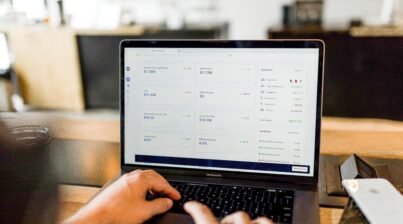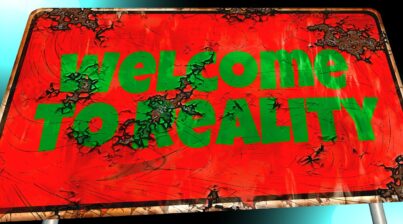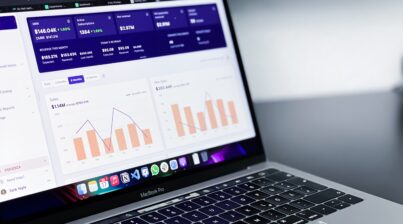You may have been hearing these terms thrown around a lot lately. Especially when it comes to tech giants in the news. Both terms, data farming and data mining, refer to the process of data collection. But, they differ in how that data is collected.
As HR professionals, we’re not data scientists, but keeping up on these key data terms is crucial. The more reliant we become on data and systems, data privacy becomes more important as well. Not to mention the ethics of your data policies and practices too. Understanding whether your practices fall into the mining or farming categories can help mitigate risk.
Data Mining vs Data Farming
Data mining is the process of digging through data sets to find patterns, correlations, and trends. It’s using the data that already exists and has been collected. Similar to a miner that digs in the earth to find gems. For HR, the gems are the metrics. It’s tracking historical turnover data to see if you’re retaining people of color to support your inclusion efforts. Another would be looking at the data of high performers to identify patterns in their training and education history. You can use the information to create a training program.
Data farming is cultivating and acquiring data specifically for forecasting and modeling. The information is used to plan for different business situations and identify solutions proactively. HR teams that are at the fourth level of HR analytics maturity may use data farming in their prescriptive analytics.
Raising both privacy and ethical concerns
Both data mining and farming bring up privacy and ethical concerns. Big organizations have been questioned for their use of data mining to push agendas. The Cambridge Analytica scandal is just one example. They accessed the data of Facebook users to create targeted political ads to sway the 2016 US election and the UK’s Brexit vote. Facebook did state the political data firm violated its policies by how the data was acquired.
Facebook fell under scrutiny last year for not being fully transparent about their VPN software, Onavo. Under the “Protect” section in the menu, users could download the VPN to add a layer of protection. Unfortunately, they were not clear on how the VPN was tracking the apps people were using. The data was being collected specifically for marketing and business decisions.
According to the Wall Street Journal, Facebook was using the VPN app to track its users’ activities on competitor’s apps. They then used the data for new product development. Like the stories feature to rival Snapchat or the live video streaming to rival Periscope. This method of data farming without users knowledge raised serious concerns about privacy violations. It also asks the question of ethical practices for business decisions. Small tech companies cannot compete with tech giants using massive data warehouse like this.
We as HR professionals have a duty to protect the data and security of our employees. Data farming and data mining can be beneficial but must be properly and ethically managed. Instituting data aggregation techniques to anonymize the data is a possible solution. But, it’s not a catch-all.
An HR dashboard can be beneficial for managing your workforce’s data. It calculates the data to create visualizations for your metrics. Sign up today for a free demo of our automated HR dashboard.












